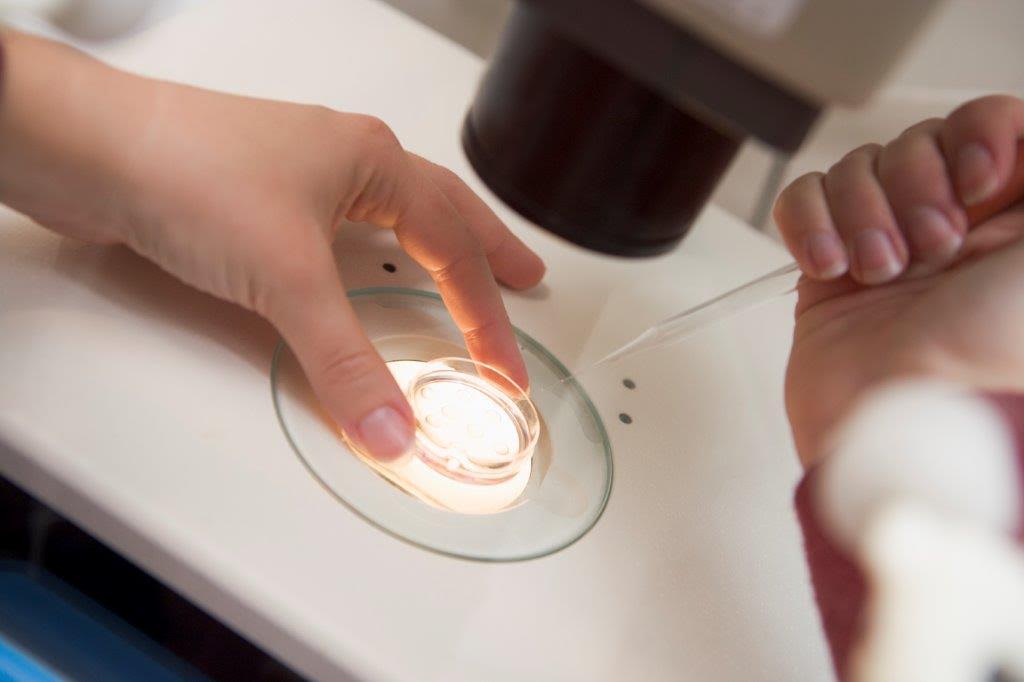What an amazing opportunity it is to give the gift of life, especially for another person via surrogacy. This gift comes with a lot of responsibility and expectation to create a healthy baby—and it all begins in pregnancy. During your surrogate pregnancy, you are eating and living for two, so it’s important to get informed to make the best decisions for an optimal pregnancy. Here are a few top wellness tips for being your best during the next exciting nine months of your journey as a surrogate.
Eat and Cook Fresh Foods. Eat a variety of fresh fruits and vegetables, whole grains, lean proteins, and healthy fats to get balanced nutrition. Avoid packaged foods that have artificial ingredients, are loaded with preservatives, provide little to no nutritional value, and are typically high in sodium. Make sure foods are cooked thoroughly to avoid ingestion of bacteria that could harm the baby.
Keep a Healthy Weight. Maintaining a healthy weight during pregnancy is important to manage. Here are recommendations from the Academy of Nutrition and Dietetics on weight gain guidelines during gestation, including calorie intake based on Body Mass Index (BMI) and physical activity.
Eat Mini Meals Daily. Kick off the day with breakfast and eat every two to three hours. These mini meals should be 200-300 calories and include a mix of protein, whole grains, and healthy fats to stabilize blood sugar, ultimately regulating hunger and mood.
Boost Your Nutrition. During pregnancy, there are several nutrients of which you need more, including protein, iron, calcium, folic acid, and omega-3 fatty acids or DHAs. As a critical insurance measure, you should be taking your doctor’s recommended multivitamin daily
Exercise Daily. Being active boosts your metabolism and mood. Continue with your exercise routine and keep it consistent.
Smile and Laugh…A Lot. Spend time with your support system during your surrogacy. Research suggests that the child’s well-being is linked to the woman’s mental health during pregnancy. If a dark chocolate treat makes you happy, go for it!
Keep a Journal. Track your food and mood so you can see if there are changes, e.g. allergies, food aversions, etc., that you should discuss with your intended parents and doctor on your next checkup.
Stay Hydrated! Drink plenty of water throughout the day. Set an alarm for every two hours as a reminder to guzzle up more H2O.
Avoid Alcohol and Caffeine. It’s best to stay “clean” during this nine-month period because the baby takes in what you consume.
Get Plenty of Rest. Get eight to 10 hours of sleep a night so you can keep your stress level down and eat more consistently. Guided meditations and instrumental music are great tools to help you get your rest.
Stay on track with this wellness plan and review it with your intended parents and our surrogacy agency, Shared Conception, to reassure them that you’re taking initiative to create a healthy baby!










